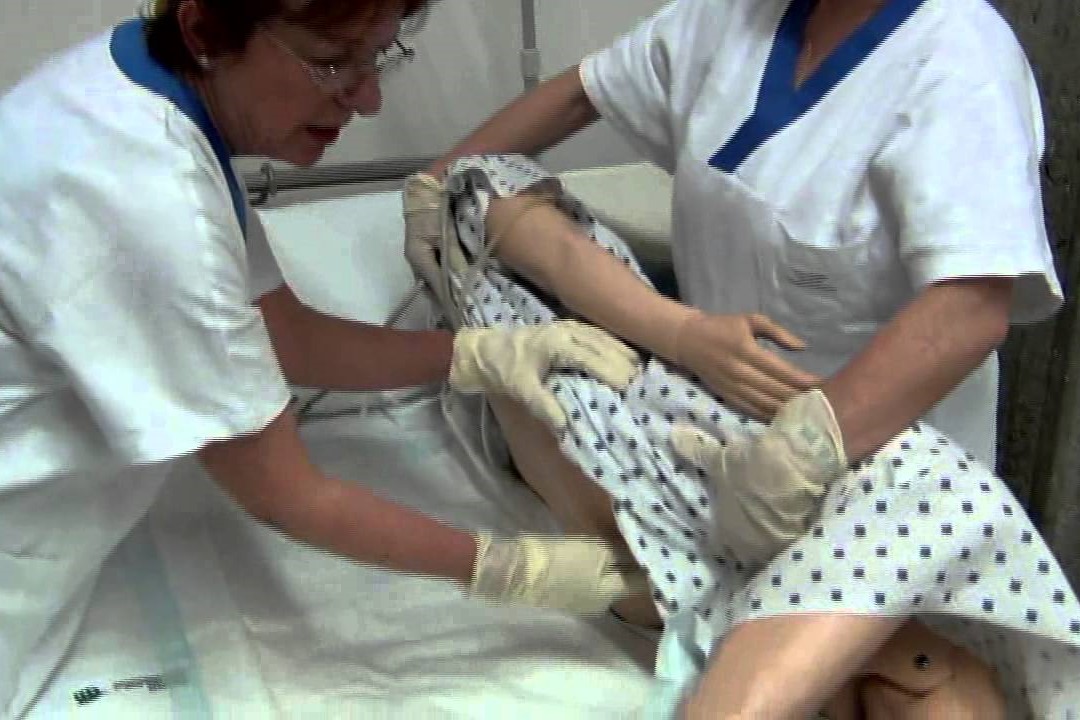
Faecaloma and intestinal obstruction: when to call the doctor
A faecaloma, also called a coprolite, is a mass of dehydrated, hard faeces that can form in the large intestine or inside a diverticulum due to several causes
The faecaloma may be capable of completely obstructing the normal transit of faeces, causing severe constipation and even serious complications that require prompt medical attention.
Complications of the presence of faecaloma
Major complications are associated with faecal impaction.
Intestinal volvulus, megacolon and rectal obstruction are observed in rare cases but are potentially serious complications.
With much greater frequency one may observe
- urinary tract obstruction: usually associated with compression of the ureter at the uretero-bladder junction or with elevation of the bladder, which in turn produces severe angulation of the urethra and obstruction.
- Stercorary ulcer: resulting from necrosis of the mucosa by pressure caused by the presence of the faecaloma. Ulcers are generally confined to the rectum and sigma, less frequently the transverse colon may also be affected.
- spontaneous perforation of the colon: occurs almost exclusively with larger faecalomas. Prevention of this complication consists simply in administering stool softening agents, hydrophilic mucilage or mild laxatives.
In these cases, and when a faecaloma occurs frequently, medical intervention is necessary.
Read Also:
Emergency Live Even More…Live: Download The New Free App Of Your Newspaper For IOS And Android
Wales’ Bowel Surgery Death Rate ‘Higher Than Expected’
Irritable Bowel Syndrome (IBS): A Benign Condition To Keep Under Control
Colitis And Irritable Bowel Syndrome: What Is The Difference And How To Distinguish Between Them?
Irritable Bowel Syndrome: The Symptoms It Can Manifest Itself With
Experts Call For Changes To The Way IBS (Irritable Bowel Syndrome) Is Diagnosed
What Is Dolichosigma? Causes, Diagnosis And Treatment Of The Condition


